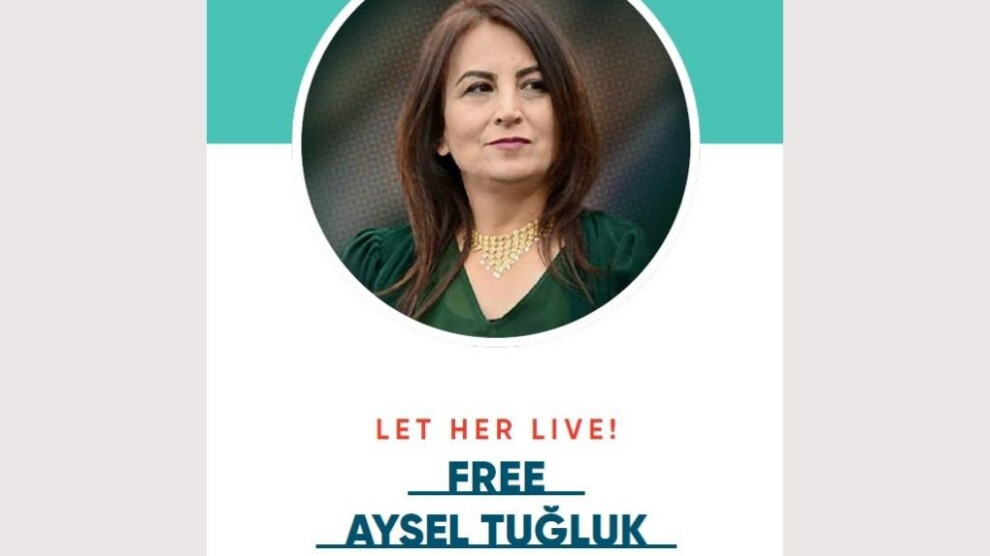Letter to the UN calls for urgent action for Aysel Tuğluk
A letter was written to the United Nations requesting that jailed Kurdish politician Aysel Tuğluk and the seriously ill prisoners be released.
A letter was written to the United Nations requesting that jailed Kurdish politician Aysel Tuğluk and the seriously ill prisoners be released.

43 bar associations, law and human rights organizations from Turkey, Northern Kurdistan, and all around the world have urged the United Nations to call attention to the health condition of Aysel Tuğluk, who has been revealed to have memory loss in prison and has been held in Kocaeli No. 1 F Type Prison since December 28, 2016. "Urgent action" is requested in the letter sent to the United Nations (UN) working groups and their rapporteurs.
The letter was addressed to the UN Special Rapporteur on Torture and Illness-Treatment, the Special Rapporteur on the Independence of Judges and Lawyers, the Working Group on Arbitrary Arrests, the Special Rapporteur on Physical and Mental Health, and the Special Rapporteur on Minority Rights.
'TUĞLUK'S SITUATION IS RAPIDLY WORSENING'
The predicament of former Deputy Aysel Tuğluk, who is still being held in prison despite her serious illness, was highlighted in the letter, which also includes information concerning human rights breaches in the country's prisons. "Despite these serious health problems, the continued detention of Aysel Tuğluk under current conditions and during the Covid-19 outbreak shows that the authorities do not comply with domestic law and international standards," the letter noted, emphasizing that Tuğluk's health condition deteriorated rapidly after being diagnosed with dementia.
In the letter, urgent intervention was requested for the rights violations against Tuğluk, and it was stated: "We demand the immediate release of Aysel Tuğluk and other convicts in similar situations, who continue to be held in prison despite their very serious illnesses, and an expression of concern about the detainees and convicts' rights to access health care.
We demand that a sufficient number of medical personnel to be allowed to work freely and without interference, and that the Turkish government allow specialist human rights groups and non-governmental organizations to visit and supervise prisons.”